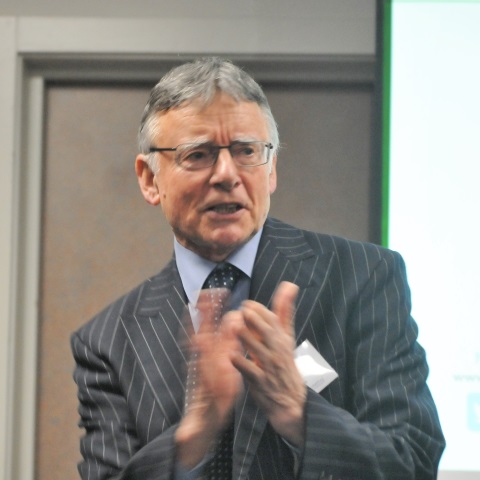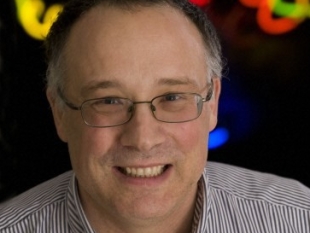Links to external sources may no longer work as intended. The content may not represent the latest thinking in this area or the Society’s current position on the topic.
Cell adhesion century: culture breakthrough
Scientific discussion meeting organised by Professor Kevin Kendall FRS, Professor Stephen Busby FRS, Professor Costantino Creton, Dr Florian Rehfeldt and Professor Gabriel Waksman FRS
Event details
This meeting celebrates the 100th anniversary of the discovery that cells require adhesion to a solid surface to grow outside the animal organ. As new culturing techniques now allow organ growth in the laboratory, it is timely to discuss cell adhesion in relation to implantation, cancer, tooth decay, parasitic diseases, bacteria, virus attack, nanoparticle toxicity, theory, computer modelling, ethics and many related topics. The outcomes will impact across all scientific disciplines.
Biographies of the organisers and speakers are available below. Recorded audio of the presentations will be available on this page after the event and the papers will be published in a future issue of Philosophical Transactions B.
This meeting is immediately followed by a related satellite meeting at the Royal Society at Chicheley Hall, home of the Kavli Royal Society International Centre.
Attending this event
This event is intended for researchers in relevant fields and is free to attend. There are a limited number of places and registration is essential. An optional lunch is offered and should be booked during registration (all major credit cards accepted).
Enquiries: Contact the events team





